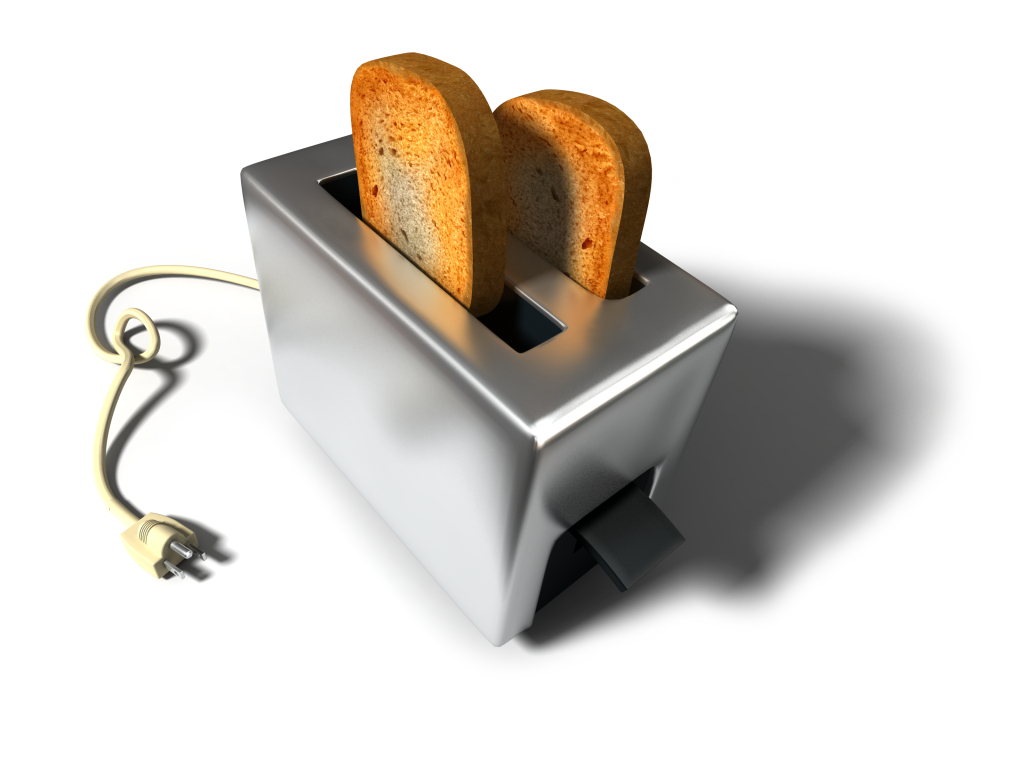Food scientists cook up sticky rocket fuel
The gels have marmalade's consistency, but don't taste so nice on toast

Tomorrow's spaceships and missiles could be running on gel fuels with the consistency of orange marmalade if a project for the US Army Research Office succeeds.
Rocket and food scientists at Purdue Univerisity in Indiana are working together on new gel fuels that promise to be safer and more predictable than today's liquid and solid fuel engines.
Gels are inherently safer than liquids because they don't leak, and they also could allow the military to control rockets with greater accuracy than what is currently possible with solid fuels.
"You can turn the engine on and off, you can coast, go fast or slow," says astronautics professor Stephen Heister. "You have much greater control, which means more range for missiles. The gelled propellants also tend to have a little more energy than the solid propellants."
Spontaneous combustion
The fuels are hypergolic, meaning they ignite spontaneously when mixed with an oxidizer. In practise, the fuel and oxidizer tanks would each feed into a separate fuel injector. As the streams of fuel and oxidizer mix, they form droplets that ignite, which propel the rocket forward.
Food scientists are working on the project because one of its aims is to consistently create the relatively small, uniform droplets needed for rocket fuels. The processes for this are similar to those used to create droplets in foods.
Get daily insight, inspiration and deals in your inbox
Sign up for breaking news, reviews, opinion, top tech deals, and more.
"The texture of some foods is closely associated with the average size and range of sizes of droplets," said Osvaldo Campanella, a Professor of Agricultural and Biological Engineering helping to create the fuel gel.
"It's kind of like orange marmalade without the rind," adds Heister, although he also notes that the new rocket fuel is also "quite hazardous, reactive and toxic". So, astronauts probably won't be spreading it on their space toast, then.
Mark Harris is Senior Research Director at Gartner.